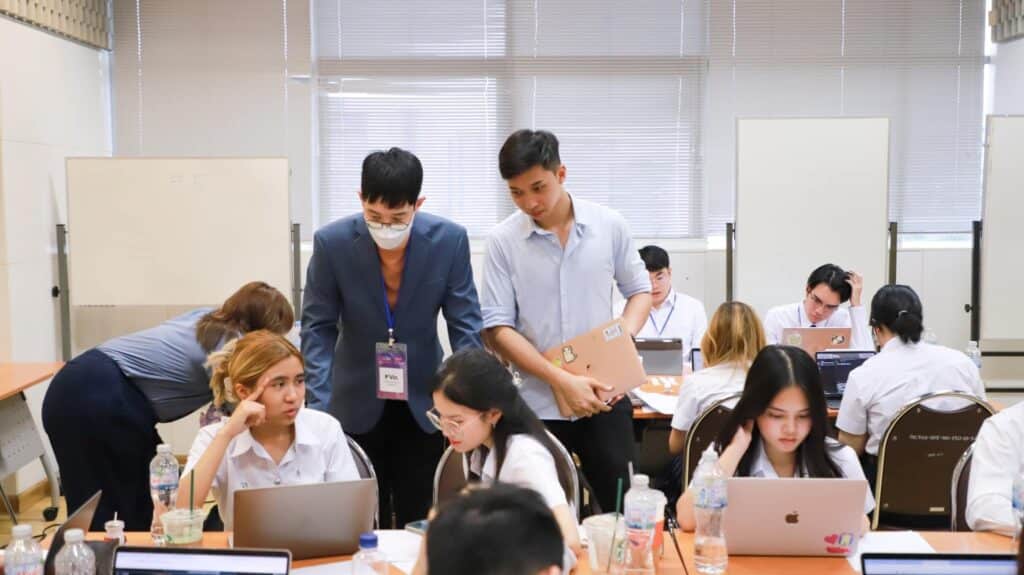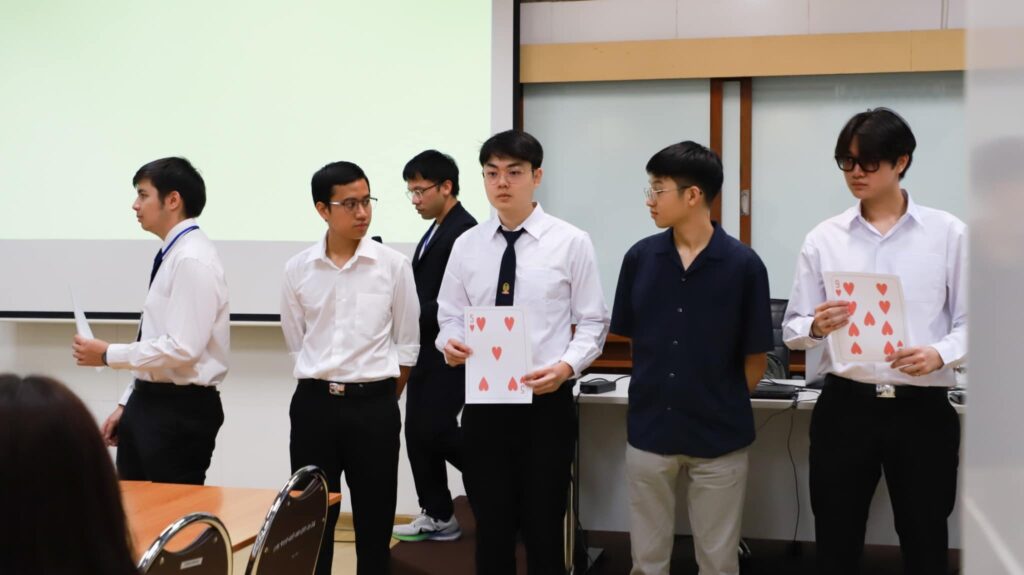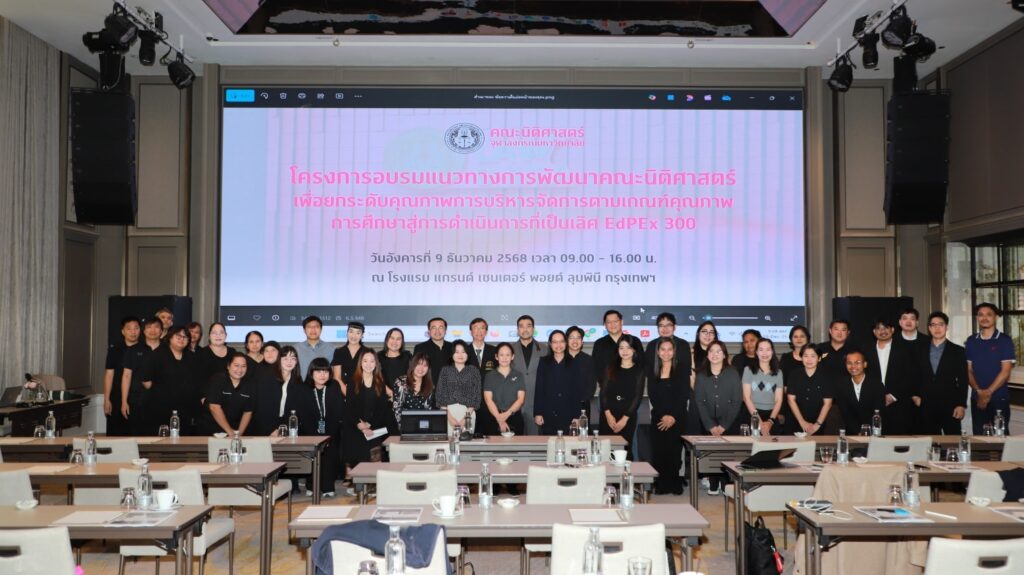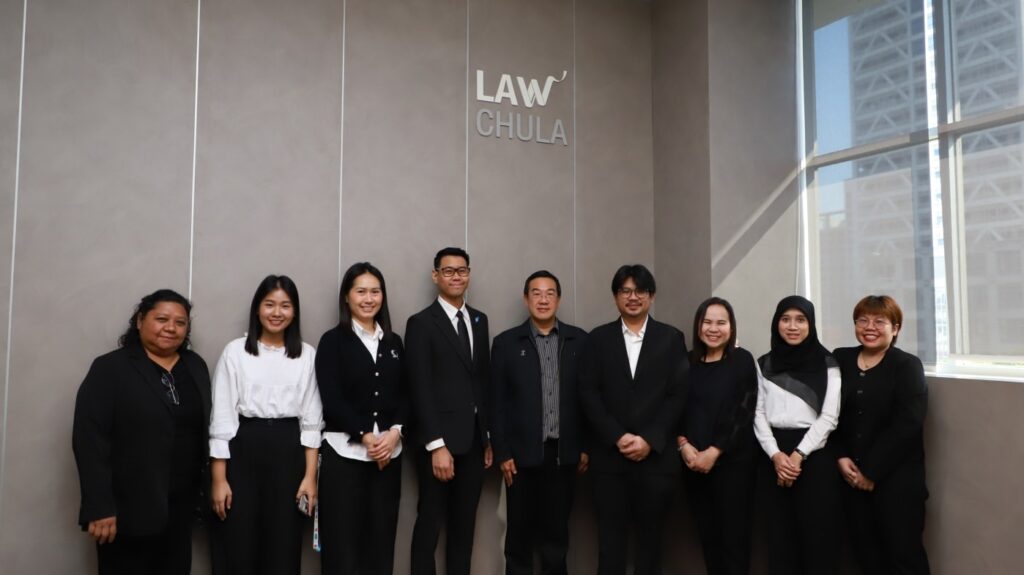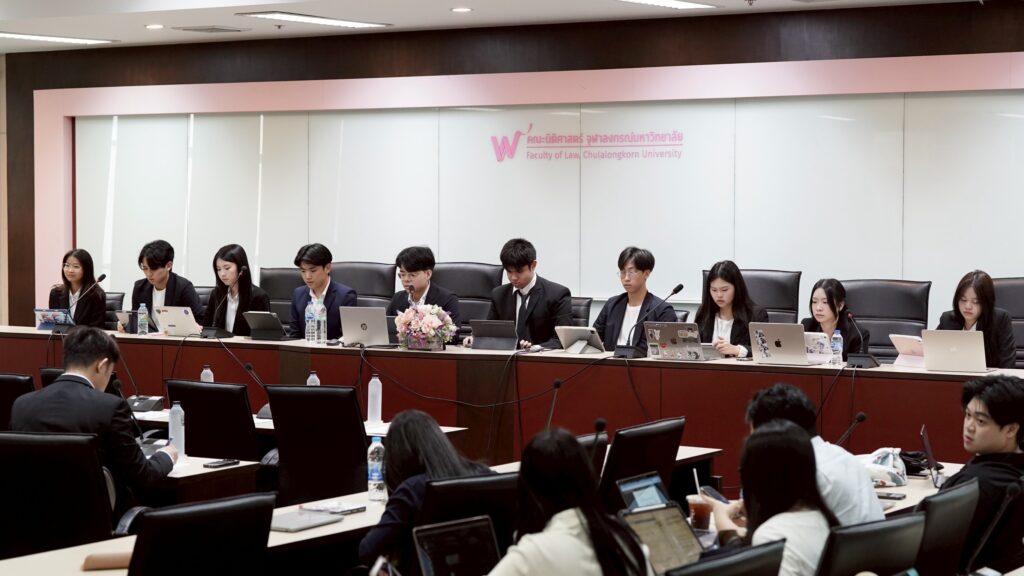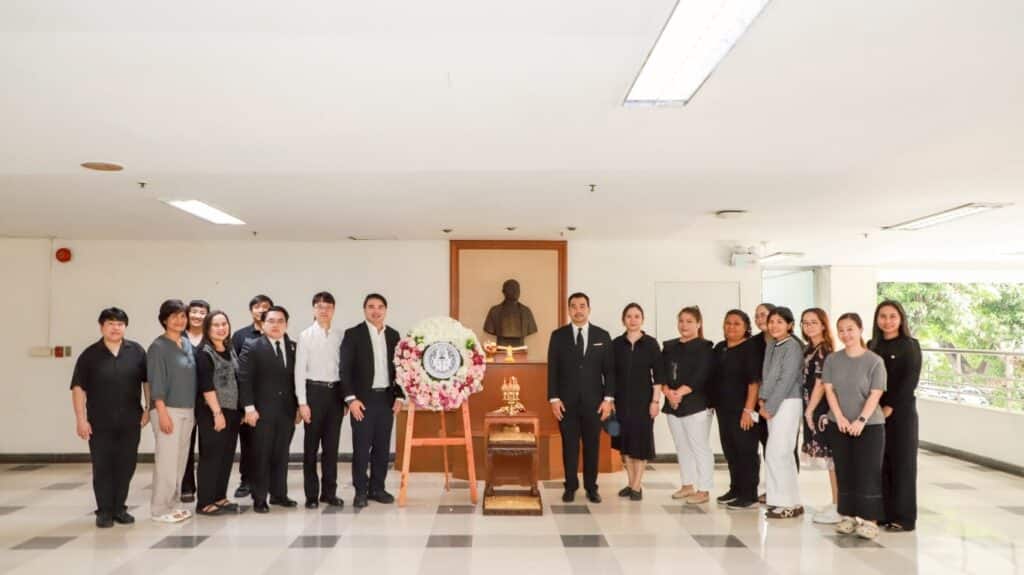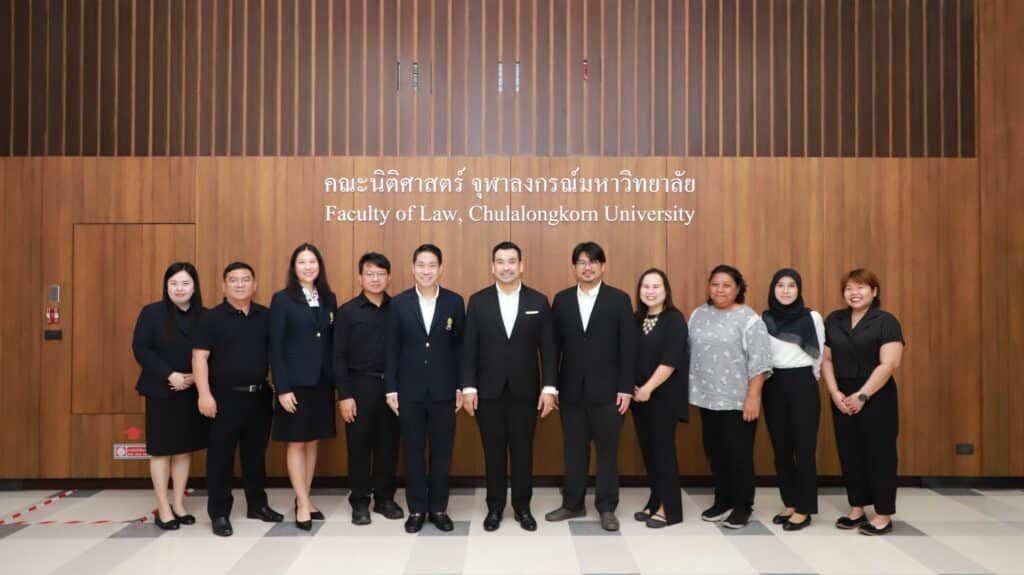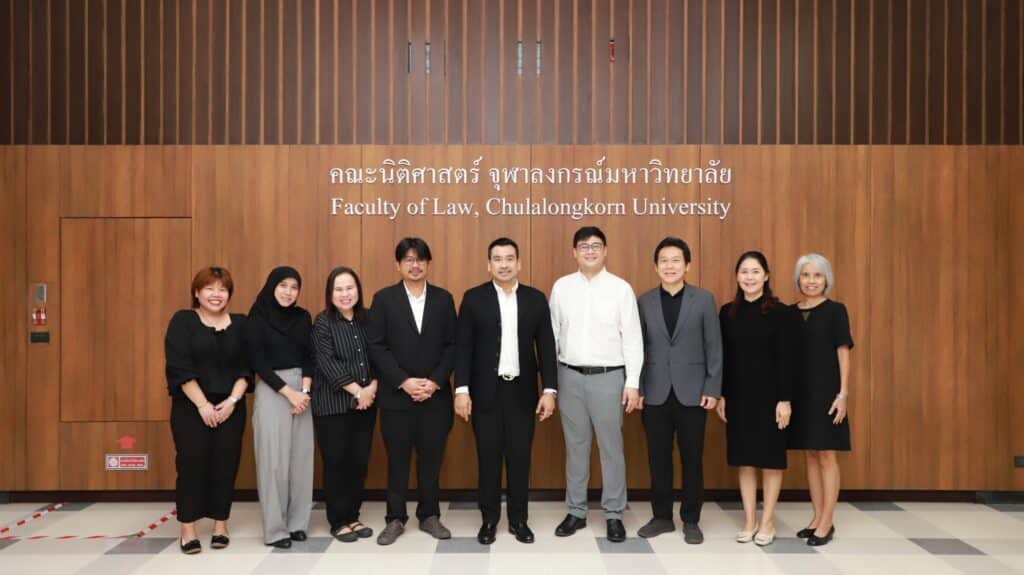Last week, the LLBel program hosted its second technology and law bootcamp for the incoming first-year students. Like the previous year, the bootcamp aims to equip our students with the context and skills necessary to effectively practice law in a world with increasing technology presence.
To introduce a new element this year, we made the bootcamp more project-centric. The incoming first-year class was assigned to three hypothetical tech startups: a company developing software for judges in courts, a company creating tools for MPs in parliaments, and an international corporation dealing with international trade. The workshop then provided the students with the skills to create a prototype solution, define their roadmap, and pitch their ideas.
On the first day, students learned the skills needed to create their prototypes. They received a crash course in software engineering, covering the basics necessary to write code. Despite many students having no prior software experience, they were able to develop solutions, and most students were able to complete the coding assignment. While coding might seem irrelevant to law at first glance, the exercise encouraged students to think logically and systematically—skills fundamental to their future careers as lawyers.
The second day focused on business development. We covered common product and business development frameworks used in technology companies, emphasizing those transferable to legal practice. Examples included basic business concepts like SWOT Analysis and Porter’s Five Forces, as well as product development processes like the Double Diamond model and Experimentation. Understanding these frameworks will enable students to work more effectively with stakeholders and better understand and address regulatory challenges. We also wrapped the day with an experience sharing session to enable students to prepare themselves for their university careers ahead.
The third day, held in Pattaya, covered various laws related to technology. We discussed the basics of privacy, IP, and competition law as they pertain to technology companies. These sessions demonstrated how knowledge of coding and product development can enhance their legal careers. Topics included GDPR and its impact on software development, IP law related to AI, and the implications of competition law on tech companies, with the latter two covered by our expert faculty members.
To conclude the bootcamp, each student presented their business plan and showcased their working code live on stage. All teams presented functional prototypes and viable business plans, despite having no prior knowledge of the relevant concepts just a few days earlier. We are impressed by their remarkable progress and look forward to seeing their contributions in technology and law.



